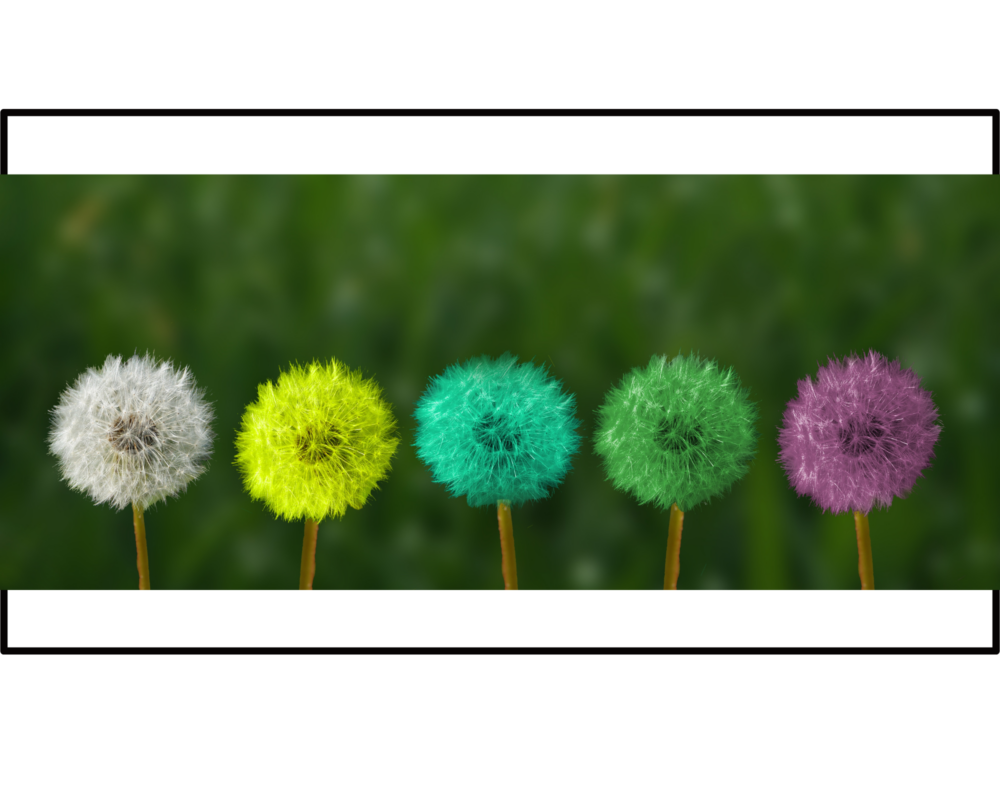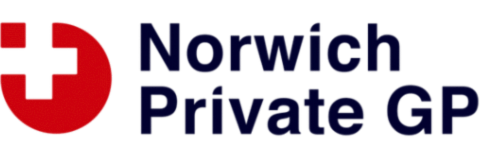
As the New Year begins, many of us resolve to make healthier choices—lose weight, build strength, feel better. But why do so many resolutions fail? The answer lies in understanding the science of habits. Habits are not just repetitive actions; they are deeply ingrained neural pathways that shape our behavior. Harnessing their power can transform your health and life.
The Neuroscience of Habits
Habits are formed in the brain’s basal ganglia, a region responsible for automatic behaviors. Charles Duhigg, author of The Power of Habit, explains that habits are rooted in a three-step loop:
- Cue: A trigger that prompts the behavior.
- Routine: The behavior itself.
- Reward: The benefit or pleasure from the behavior.
When a habit forms, the brain stops actively participating in decision-making and shifts to autopilot, conserving energy. This explains why we don’t consciously think about brushing our teeth or checking our phones.
Neuroscientist Dr. Wendy Wood, in her book Good Habits, Bad Habits, states that 43% of our daily actions are habitual. When repeated over time, these actions strengthen neural pathways through a process called neuroplasticity. This is how habits literally rewire the brain.
Habits, Reward, and Motivation
The brain’s reward system, driven by dopamine, is key to habit formation. Each time we perform an action that feels good, the brain releases dopamine, reinforcing the behavior. This reward mechanism motivates us to repeat the action.
However, habits can work against us when the rewards are immediate but harmful long-term—like overeating or skipping workouts. The challenge is to create habits where the rewards align with our goals.
The Science of Change
Dr. BJ Fogg, author of Tiny Habits, emphasizes starting small. He argues that making tiny changes, such as doing two push-ups or drinking one glass of water, is more effective than sweeping resolutions. Small wins build momentum and create a positive feedback loop.
James Clear, author of Atomic Habits, highlights the concept of identity-based habits. Instead of saying, “I want to lose weight,” say, “I am someone who prioritizes health.” This subtle shift in identity reinforces your commitment and makes the habit feel natural.
Practical Tips to Build Healthy Habits
- Start Small and Be Specific
Set achievable goals. Instead of “exercise more,” aim for “walk 10 minutes daily after lunch.” - Anchor New Habits to Existing Routines
Use the power of context. For example, do 10 squats after brushing your teeth or meditate right after waking up. - Make It Easy
Remove barriers. Lay out workout clothes the night before or prepare healthy snacks in advance. - Track Progress
Use a journal or app to track your habits. Seeing your streak can boost motivation. - Reward Yourself
Celebrate small victories. Treat yourself to a relaxing bath, a favorite podcast, or a new book after completing a week of workouts. - Focus on Systems, Not Outcomes
Create sustainable systems rather than obsessing over results. Build a routine you can stick to, and the outcomes will follow.
For Those Who Want to Get Lighter, Stronger, and Feel Better
- Getting Lighter: Focus on mindful eating. Use smaller plates, chew slowly, and include plenty of fiber and protein in your diet. A habit of drinking water before meals can also curb overeating.
- Getting Stronger: Commit to short, regular strength-training sessions. Start with bodyweight exercises like squats, push-ups, and planks. Gradually increase intensity.
- Feeling Better: Prioritize sleep and stress management. Cultivate calming habits like journaling, gratitude practices, or a 5-minute evening stretch routine.
Final Thoughts
Building healthy habits is a gradual process that rewires your brain and reshapes your life. As Aristotle wisely said, “We are what we repeatedly do. Excellence, then, is not an act, but a habit.” This New Year, start small, stay consistent, and watch your habits transform your health, one action at a time.
By understanding the neuroscience of behavior and following these practical strategies, you can make 2025 the year of lasting health and wellness.
Dr Ike Nnene
BEST Health and Wellness / Norwich Private GP
